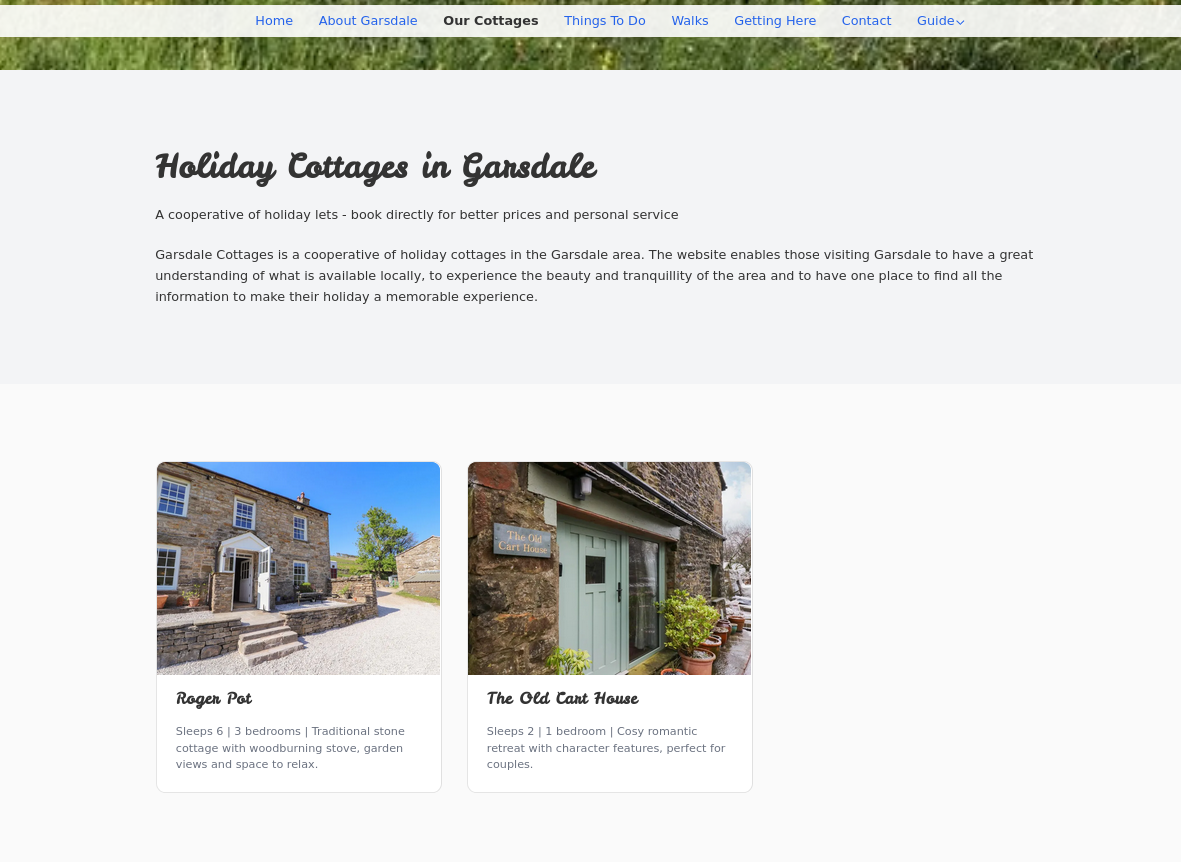The digital and creative sector will need 1.2 million new workers by 2022 in order to keep up with its growth, according to a new report.
It also highlights the under-representation of women and ethnic minorities within the sector.
The research, published by the UK Commission for Employment and Skills, suggests fairer access to jobs and a more diverse workforce would help the sector find 1.2 million new employees, which is equivalent to half the current workforce.
About 2.1 million people are employed in digital and creative sector jobs in the UK, of which the report found almost half to be in London or the south-east. The creative sector includes the arts and entertainment, broadcasting and film.
Separately, London and the south-east make up the two largest sections of digital and creative employment, followed by the east of England and the north-west, which the report said had seen considerable growth.
Northern Ireland and Wales account for the smallest portion of digital and creative employment, measuring 2% each.
According to the report, called Sector Insights: Skills and Performance Challenges in the Digital and Creative Sector, tax reliefs implemented by the government have resulted in an increasing trend to produce films and television shows in regions outside London, but warned that these efforts are sometimes hindered by a lack of skills away from the capital.
The report said: "For example, producers in Manchester often have to bring in workers from either London or overseas. Stakeholders suggest this reflects the fact that many digital and creative sector workers prefer to be based in or close to London, where there is the greatest concentration of job opportunities, and the best opportunities for networking with potential clients and collaborators," the report said.
It also noted that workers prefer to be in London where there is a "steady stream of work", as opposed to more intermittent opportunities elsewhere.
The report found an under-representation of women in the digital industry, while it also highlighted the lack of diversity in the creative sub-sector.
Last week, chair of Arts Council England Peter Bazalgette described the issue of diversity as the "single biggest challenge facing the creative industries".
The report claimed that only 8% of workers in the creative sector are non-white, compared with 11% across the economy as a whole. The research said that in order to address this imbalance, the creative industries needs to "become more accessible to young people from different backgrounds".
It added that this was hindered by the fact that entry routes in many parts of the creative industries rely on personal connections within the industry, narrowing the pool of recruits.
The report highlighted a skills gap within the digital and creative sector, particularly in relation to IT and software skills, but added that the gap was more relevant for the digital industry and still in line with that for the economy as a whole.
"Skills gaps present a number of challenges, but for digital and creative firms there is a particular risk that innovation and competitiveness may be harmed," it said.
It also suggested that employers look beyond traditional university degrees to recruit workers for the sector.
Responding to the report, industry body Creative Skillset said it accepted the challenge of growing the digital and creative sector by 1.2 million workers and the demands placed on the sector.
Creative Skillset chief executive Dinah Caine said: "With a growing workforce, ensuring fair access is an absolute priority for our industries."
SOURCE: The Stage








